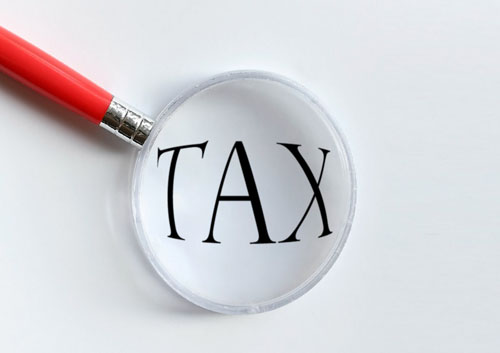Earlier in September, we reported a proposed bill by the Federal Executive Committee (FEC) to increase the VAT levied on consumer goods and services from 5% to 7.5%.
According to the Minister of Finance, Budgeting and Planning, Mrs Zainab Ahmed, one of the important reasons for the proposed VAT increase is that 85% of it will go to States and Local Governments. This will help State Governments pay the minimum wage.


Nigerians did not receive this bit of news with joy. From the reactions, many wonder if this will mean greater spending power because of the increased minimum wage or if it is business as usual for the government.
Following the public outcry of many Nigerians on social media and the decision of the Nigerian Senate, the bill was revoked on the grounds that it would create more hardships for Nigerians than good.
However, a recent update shows that the VAT hike motion has passed for a second reading in the House of Representatives under the umbrella of the Finance Act (Amendment) Bill.
Components of the Finance Act (Amendment) Bill
The Finance Act Bill has seven components which are:
- Companies Income Tax Act
- Value Added Tax Act
- Customs and Excise Tariff Act
- Personal Income Tax Act
- Capital Gains Tax Act
- Stamp Duties Act
- Petroleum Profit Tax Act
The aim of the Finance Act (Amendment) Bill is to provide for the review of tax provisions in order to make it more responsive to tax reforms.


In other words, the Bill, if passed, will make these tax components more flexible and amenable going forward. But an impending consequence of the Bill, if passed eventually, will be the increase in VAT from 5% to 7.5%.
This increase in the VAT rate will also lead to a rise in the price paid for goods and services by the consumer. This is because the average retailer/business owner will adjust the price of goods and services to soften the effects of remitting a higher VAT to the government.
As a result of the Bill, Punch reports that the cost of air travel and electricity among others will be adversely affected and that several lawmakers are against the Bill.
The fate of the Bill and what effect it will have on Nigerians, will be known after the public hearing.






